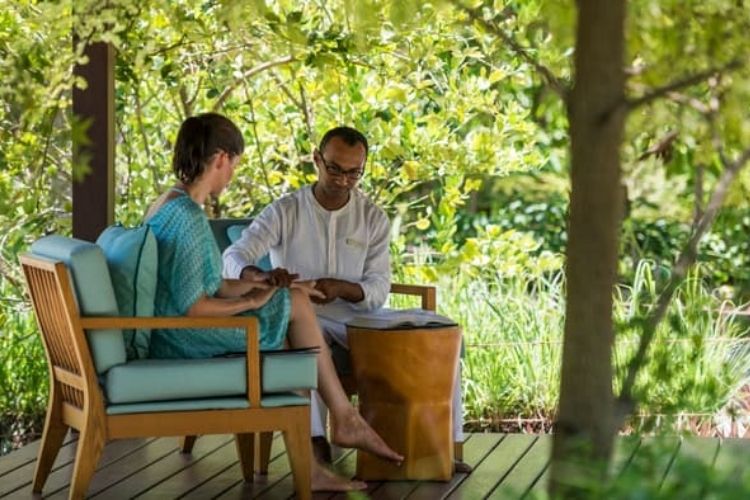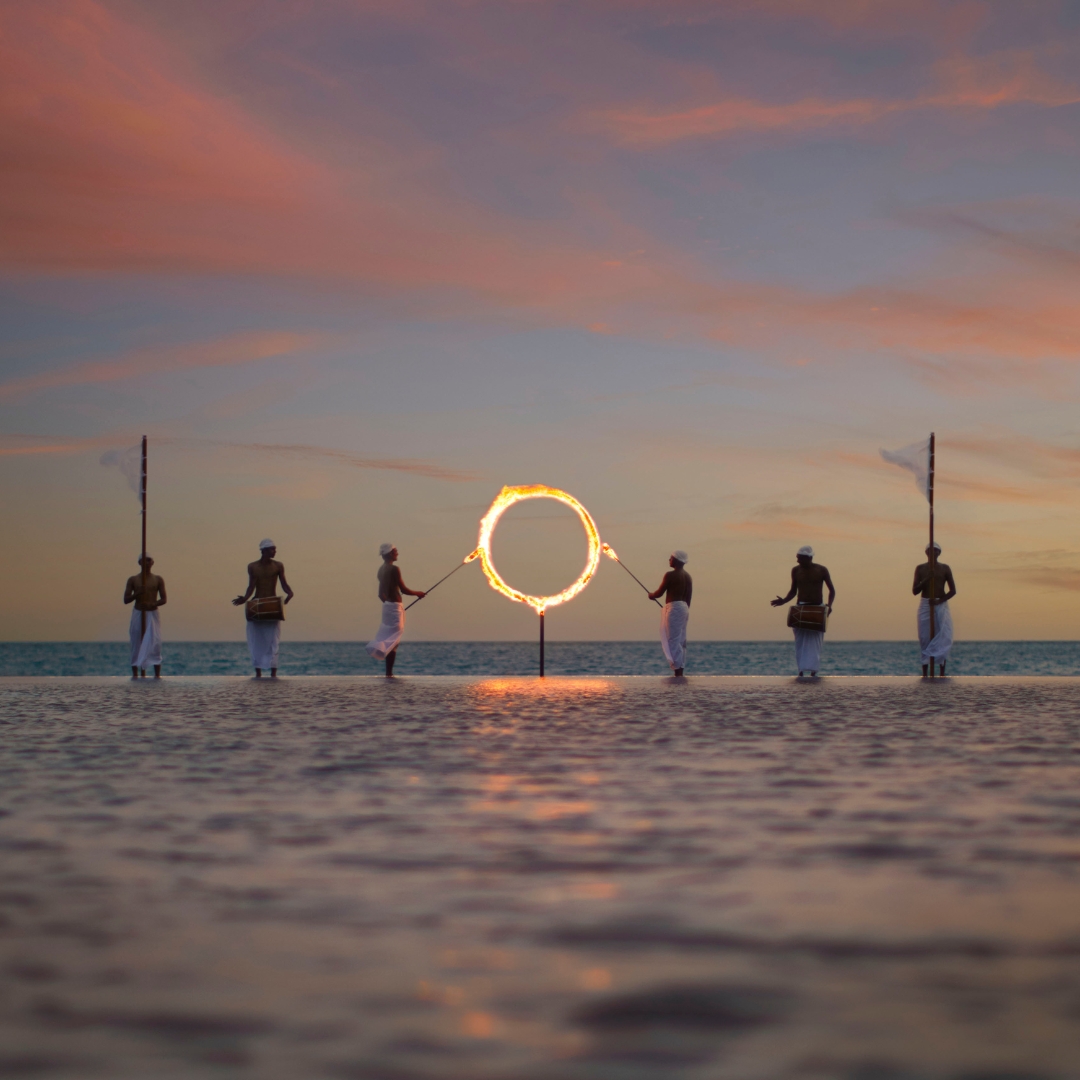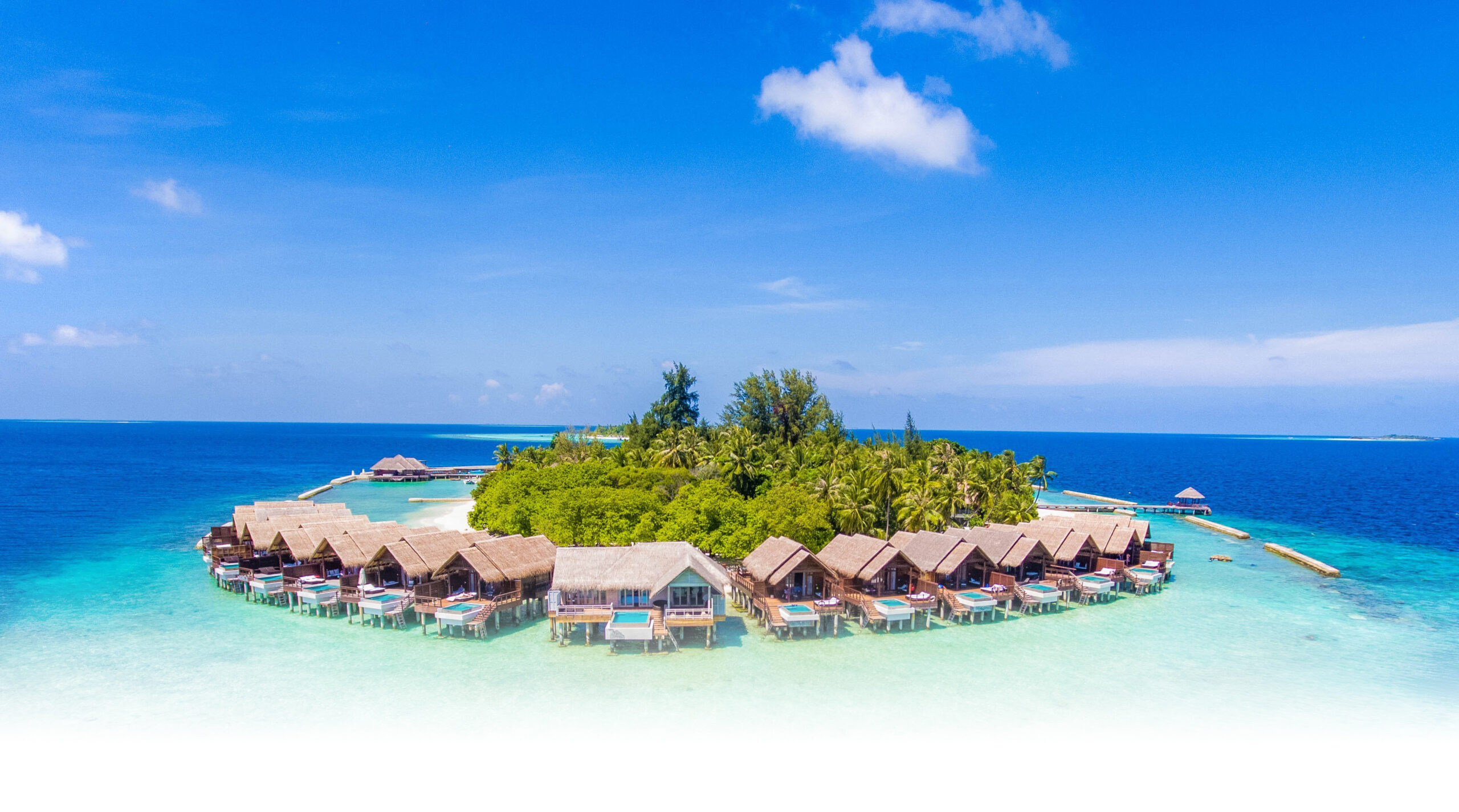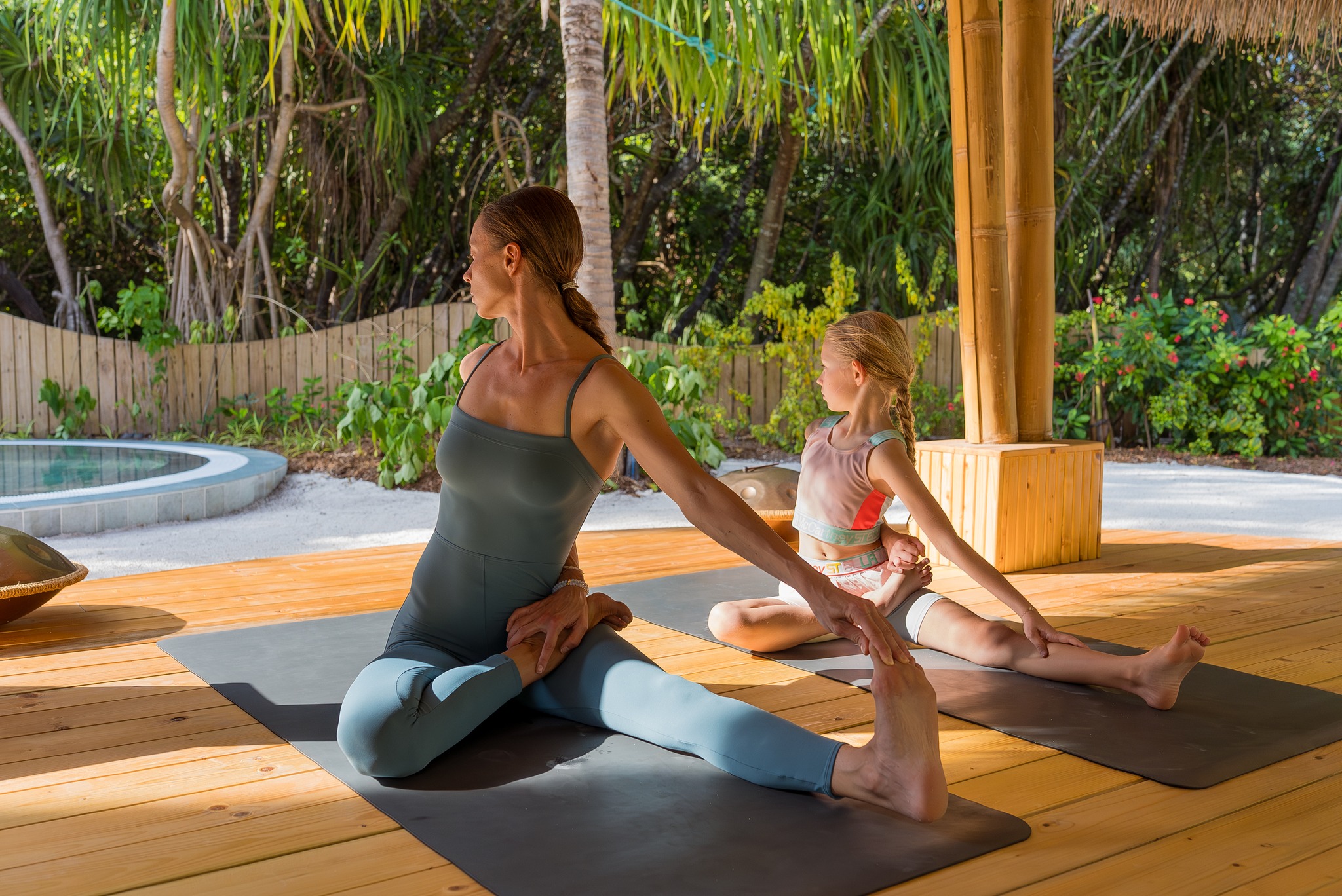Four Seasons Resort Maldives at Landaa Giraavaru has been recognized by China’s top spa publication, SpaChina as the Global Wellness Resort of the Year. The 11th SpaChina Awards brought together more than 330 distinguished Spa industry leaders to celebrate the world’s best brands, treatments, products, and properties.
The Spa & Ayurvedic Retreat at Landaa Giraavaru focuses on natural health and healing, from medical-grade Panchakarma to innovative additions. These additions include; Aqua Float and AntiGravity yoga, personalized yoga therapy courses, and the science-meets-nature benefits of Verjù body contouring and facials developed with facialist to the stars Teresa Tarmey.
If recent months have shown us anything, it’s the importance of a multi-faceted approach to wellbeing. We’re incredibly grateful to SpaChina for acknowledging the importance we place on physical, mental, emotional and planetary wellbeing; our committed team of physicians, naturopaths, yoga therapists, chefs and marine biologists; and our setting of luxury, sophistication and exclusivity: something that our Chinese guests truly appreciate. We look forward to welcoming them back when they can travel once again.
Landaaa Giraavaru’s Regional Vice President and General Manager Armando Kraenzlin said.
About Four Seasons Resort Maldives at Landaa Giraavaru
Four Seasons Resort Maldives at Landaa Giraavaru is accessible by a 30-minute seaplane journey from Velana International Airport. Landaa Giraavaru boasts four in-house restaurants in addition to 103 villas. Guests have the option to choose between beach villas and water villas at the resort. Landaa Giraavaru is also partnered with EarthCheck and the NOW Force for Good Alliance.
Guests can swim with seasonal groups of manta rays and whale sharks. Meanwhile, marine lovers can join coral reef scaping and turtle rehabilitation projects at Four Seasons’ Marine Discovery Center. Coral propagation, pioneering manta ray research, turtle rehabilitation, and Parley-linked recycling programs help preserve the Resort’s pristine surroundings, while the Spa experience extends Resort-wide via complimentary Ayurvedic consultations, Ayurvedic labeling on all restaurant menus, and the meandering Yoga Energy Trail. For further information and bookings at the resort click HERE.







